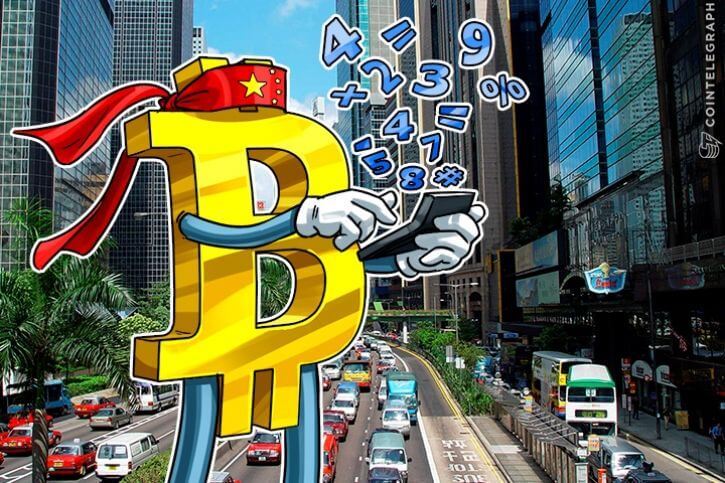What is NFT?
본문
NFT(Non Fungible Token), which is explosively popular enough to be called the keyword of the year. NFT is known to that impossible to counterfeit due to their non-fungible characteristic, nevertheless, various copyright issues related to copying are being raised, so attention is needed.
What is NFT?
NFT is a digital asset using blockchain technology, characterized by being impossible to counterfeit or tamper due to its unique identification value is stored on the blockchain. Because the nateure of digital assets nature which can be reproduced exactly the same, it is difficult to verify/certify their originality and ownership. As NFT overcome these disadvantages, the value of NFT assets has increased from about $40.96 million in 2018 to $338.03 million in 2020, and related markets are rapidly heating up. (Source: NonFungible.com).
The markets where NFT mainly traded are metaverse, games, art/collectibles, etc. ① In the metaverse (virtual digital world), NFT is used as tools for economic activities taking place in the world (because there is no legal tender, using NFT to verify ownership by blockchain technology) ② In the game market, game users use NFTs to capitalize their characters and items and trade them with other users. ③ Regarding art/collectibles, it is used to certify the authenticity of digitized works, as increasing the rarity of digitized works and encouraging consumers to buy/collect.
2. NFT and copyright issues
As the NFT trade of art works became active in Korea, at the end of May 2021, one advertising agency announced that they would sell the digitized works through an auction which of artists Lee Jung-seop, Kim Whan-ki, and Park Soo-geun after consulting with the owners of the works. In response, the bereaved family who held the copyright protested, the auction itself was canceled.
These problems are arises, although, NFT can be technically distinguished from other duplicated digital assets for ensureing uniqueness(i.e, counterfeiting from NFT is difficult), whether there are any defects in the process of digitization into NFTs can only be judged according to traditional copyright-related laws. In other words, unlike the case where only digital assets exist, when NFT is linked to real assets, it is necessary to check whether converting real assets into NFTs violates related laws such as the Copyright Act.
In the case of works such as Lee Jung-seop above, as the owner of the work and the copyright owner are separated, even if the owner's consent is obtained, if the copyright owner's consent is not obtained, copyright infringement such as copyright infringement in the process of copying and transmission rights in the process of transmission to the marketplace for transaction, etc. Infringement of property rights could be an issue.
On the other hand, in the case of NFT works, since the original work is just digitized, and separate creativity is not added, so it is difficult to see that the right to create a secondary work is infringed, but it can be seen as a change in the form of the work, copyright such as reproduction rights In addition to property rights, infringement of the right to maintain identity, one of the moral rights of authors, may also be a problem.
The Ministry of Culture, Sports and Tourism released a press release on June 4, 2021, immediately after the NFT auction controversy of works such as author Lee Jung-seop occurred, to identify specific cases with copyright holders’ organizations and business operators regarding the controversy over copyright infringement based on NFTs. , the type of use of copyrighted works, etc., considering the factual relationship, the copyright protection period, permission for use, and copyright transfer agreement will be comprehensively reviewed and actively responded. However, the Ministry of Culture, Sports and Tourism said that the issue of linking NFT transactions with the validity of works or copyright transactions is an issue that needs to be comprehensively considered, including measures to harmonize with the existing system and linkage with other blockchain technology policies, so NFT transactions are only considered as a simple regulatory logic. It was made clear that it was not approachable.
3. Conclusion
As related technologies develop and additional markets open, the value and importance of NFTs will increase. However, as the importance of NFTs increases, the need to adjust interests according to various traditional laws, such as the case of NFT auctions of works such as Lee Jung-seop, above, will inevitably expand. This is also the reason why, in addition to technical matters, the need to pre-check risks under traditional related laws such as the Copyright Act is increasing when providing services related to NFT, metaverse, and virtual assets.
이광욱 변호사 (kwlee@hwawoo.com)
이근우 변호사 (klee@hwawoo.com)
임철근 변호사 (cglim@hwawoo.com)
여현동 변호사 (hdyeo@hwawoo.com)

